Lord of Attention: Gerald Stanley Lee and the Crowd Metaphor in Industrializing America
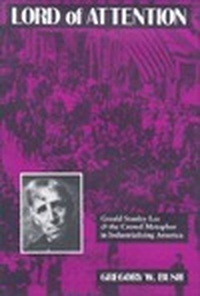
Summary
Although advertising was becoming increasingly visible in nineteenth-century America, it was not until the 1920s that it became a central feature of an expanding consumer culture. Vast social and technological changes, a world war, and several presidents adept at manipulating public opinion all helped endow advertising with new spiritual and patriotic properties. Lord of Attention examines this cultural transformation through the career of Gerald Stanley Lee, a writer with an obsessive interest in crowd psychology. Lee was an exuberant advocate of advertising and a self-proclaimed prophet of the machine age. His story is symptomatic of an important strain of social thought behind the rise of mass marketing and public relations in the early twentieth century.
A Congregational minister, Lee had become fascinated with the idea of channeling the behavior of crowds. In due course he left the pulpit and began preaching instead to a national audience about "the crowd principle" and what he called "inspired millionaires" and "attention engineers." His book A Moving Picture became a best-seller and his ideas were reflected in the thought of a number of business evangelists and entrepreneurs, including Andrew Carnegie, Joseph Fels, Edward Filene, Ivy Lee, and John D. Rockefeller.
In Gregory W. Bush's view, Lee is a transitional figure, an extreme example of America's shift from an individualistic, moralistic society of small entrepreneurs to an interdependent, impersonal corporate state. Bush explores the use of the crowd as a cultural metaphor - one that sometimes connoted a fear of labor mobs and foreign-born hordes in American cities and at other times represented a more benign audience or market. Through Lee's life, Bush demonstrates the growing power of mass persuasion in the early twentieth century and explores the cultural roots of our present-day consumer society.
Similar Books
-
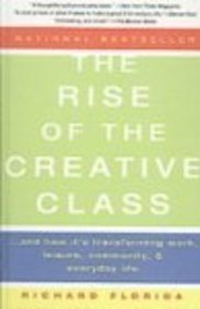
-
 Consuming Life
Consuming Lifeby Zygmunt Bauman
-
 Labor Law for the Rank and Filer
Labor Law for the Rank and Filerby Daniel Gross
-
 Labor law for the rank & filer
Labor law for the rank & filerby Daniel Gross
-
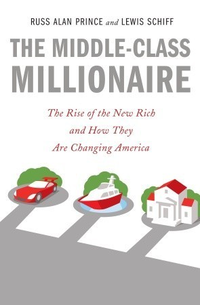
-

-
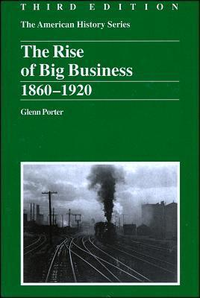 The Rise of Big Business, 1860-1920
The Rise of Big Business, 1860-1920by Glenn Porter
-
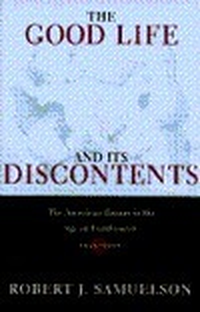 The Good Life and its Discontents
The Good Life and its Discontentsby Robert J. Samuelson
-
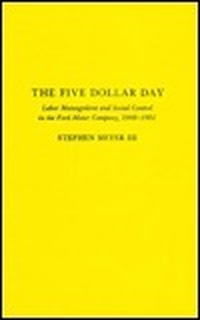
-
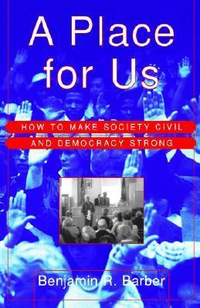 A Place for Us: How to Make Society Civil and Democracy Strong
A Place for Us: How to Make Society Civil and Democracy Strongby Benjamin R. Barber
-
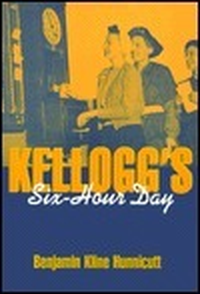 Kellogg's Six-Hour Day
Kellogg's Six-Hour Dayby Benjamin Kline Hunnicutt
-
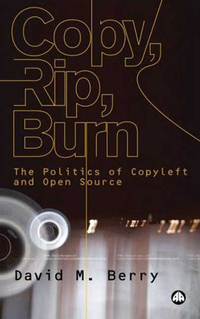 Copy, Rip, Burn: The Politics of Copyleft and Open Source
Copy, Rip, Burn: The Politics of Copyleft and Open Sourceby David M. Berry
-
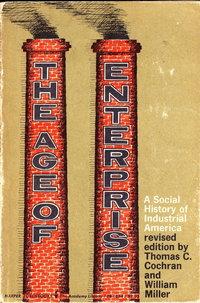 The Age of Enterprise: A Social History of Industrial America
The Age of Enterprise: A Social History of Industrial Americaby Thomas Childs Cochran
-
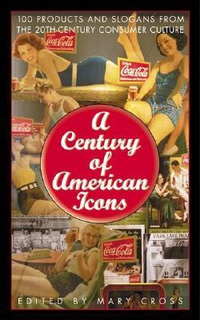
-
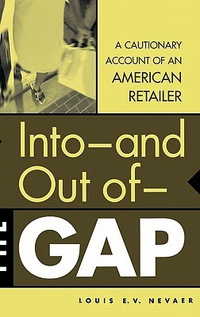 Into--and Out of--The GAP: A Cautionary Account of an American Retailer
Into--and Out of--The GAP: A Cautionary Account of an American Retailerby Louis E.V. Nevaer
-
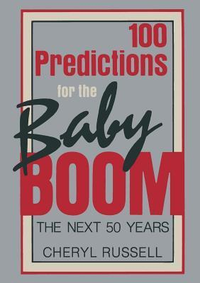 100 Predictions for the Baby Boom: The Next 50 Years
100 Predictions for the Baby Boom: The Next 50 Yearsby Cheryl Russell